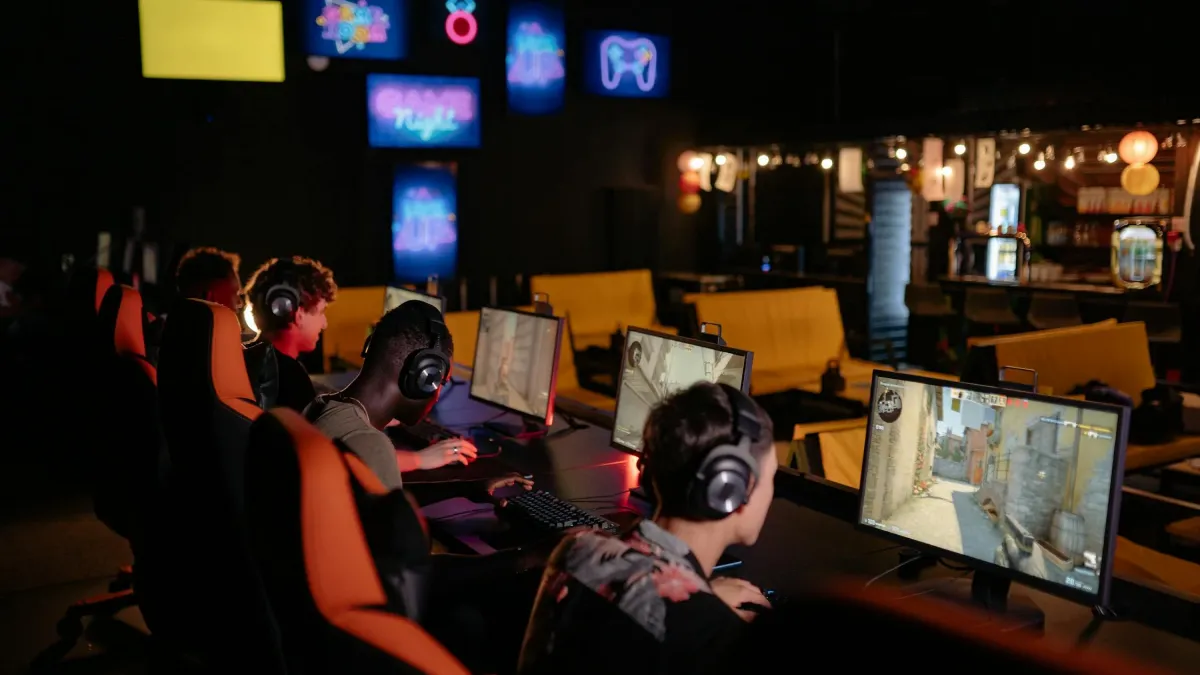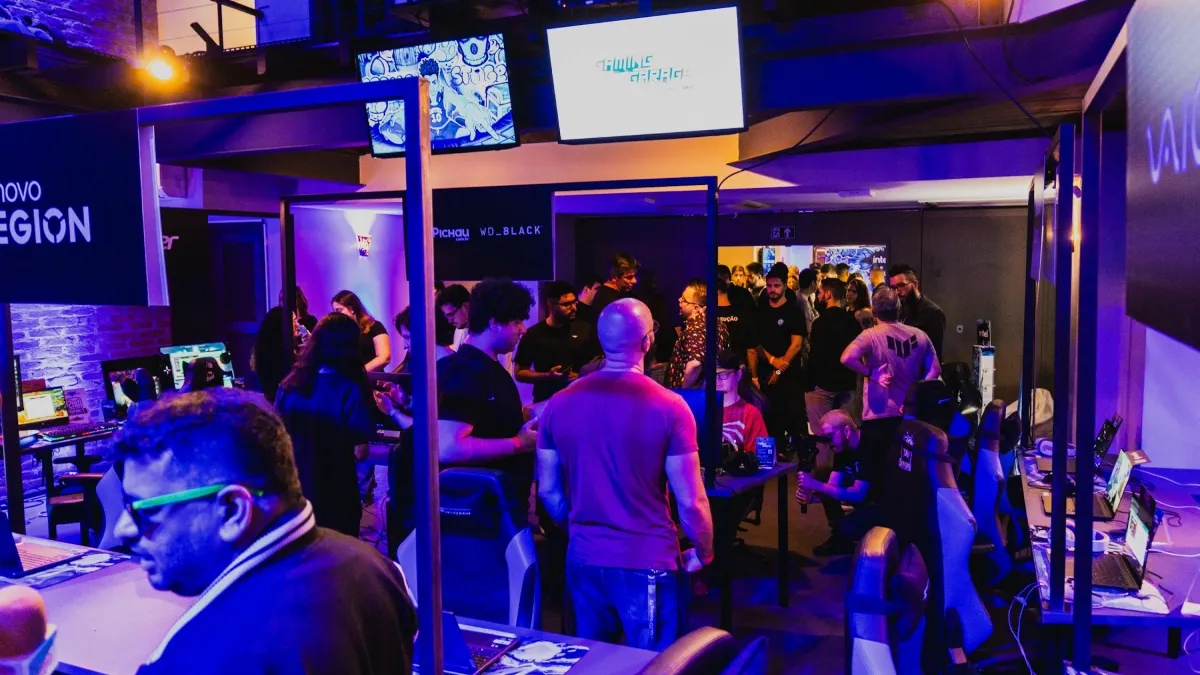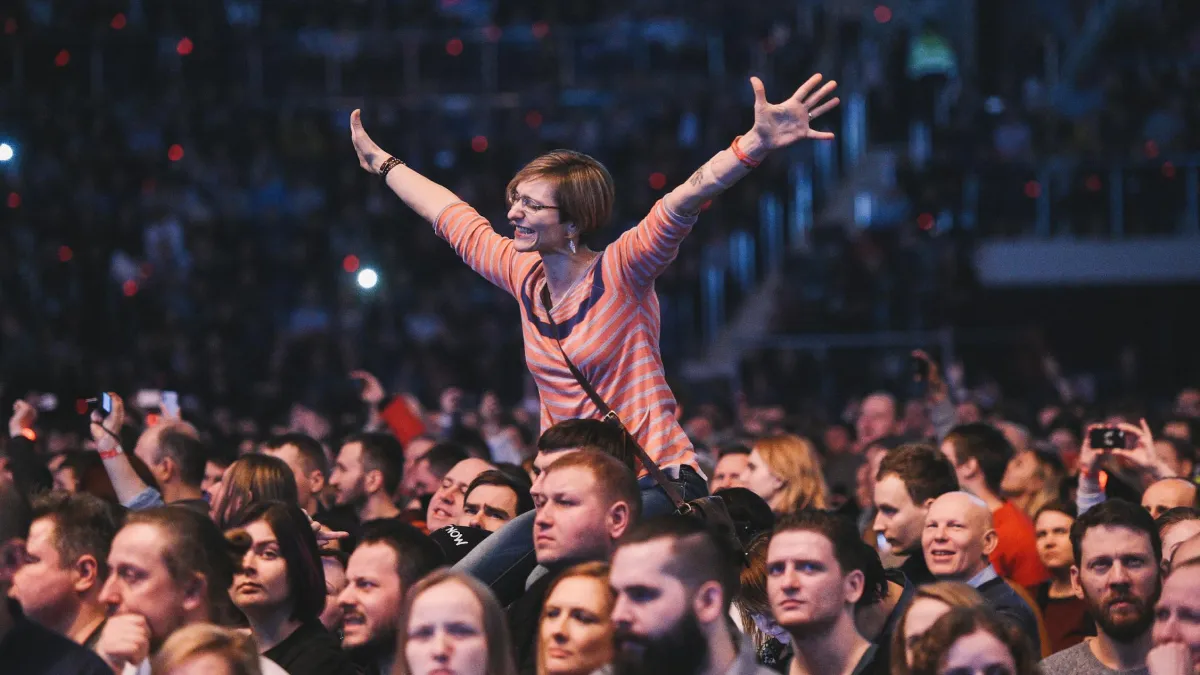How to Implement Inclusive Practices in Esports Events?
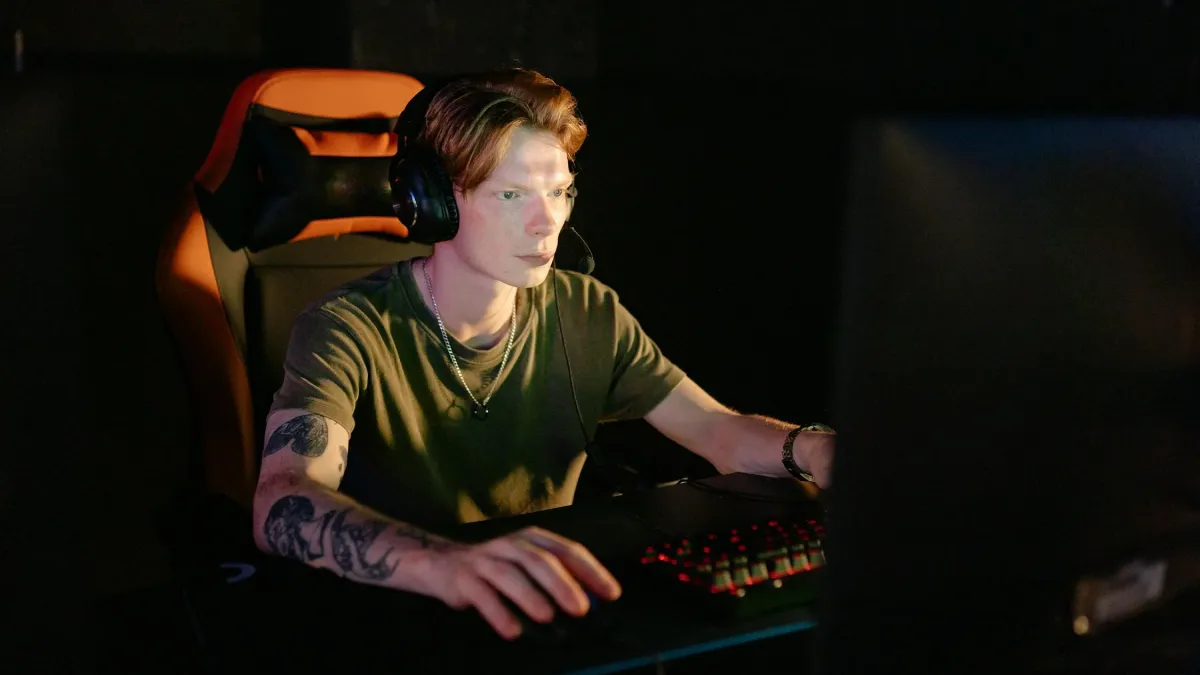
Esports has made significant strides. It was once thought of as a specialized hobby that was reserved only for the most dedicated gamers has become an international phenomenon. All kinds of people of countries, cultures, and backgrounds are now attracted by competitive gaming. And that’s something to be thankful for, right? However, how inclusive are esports really? Are we witnessing true diversification or is it just an enormous screen with shining lights and some beautiful faces? Let’s take a closer look.
What’s Changed?
There’s a lot. Take a look back at the early days of gaming being viewed as a purely solo pursuit. Then, we’re in the present and it’s now a multi-billion dollar industry with tournaments in esports streamed live to millions people around the world. It’s quite a change from the typical gamer in a basement image! The shift isn’t just figures. We’re seeing people from diverse backgrounds–including various ethnicities, genders, and abilities–make their mark. Female gamers, those of underrepresented groups, and disabled people are taking to the stage at live esports games. It’s better than what it was in the past.
Beyond just breaking down barriers in the virtual world, events in esports 2024 and beyond are offering opportunities for partnerships, education and sponsorships to ensure that all players feel accepted. This isn’t only about winning a world championship in esports no more. There are special leagues and tournaments created to allow open access for all players, regardless of background.
Related
What Needs to Change?
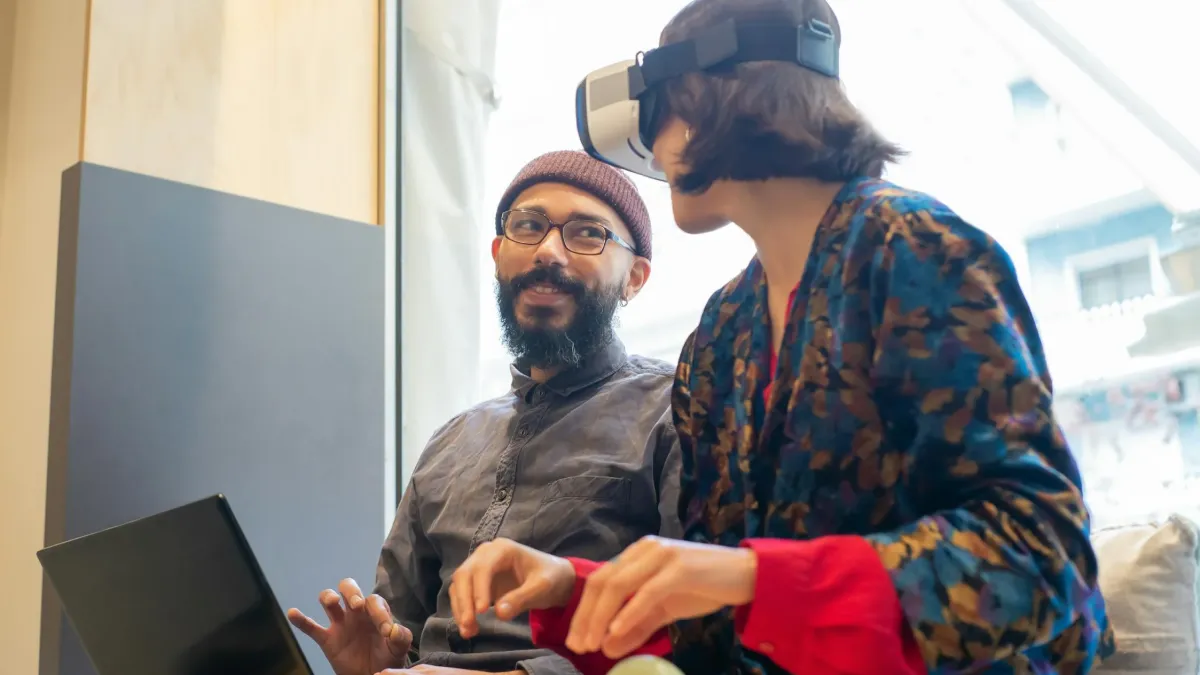
I’m not saying that there’s been a lack of progress, there’s been improvements. But, esports’ inclusion is like an unfinished game with some issues. It’s still a long way to go. While gaming communities may be more diverse today, certain areas need to be improved.
- Leadership roles with more representation in esports tournaments. It’s great to have players from diverse backgrounds, but who are the top leaders? There’s a deficiency of diversity in key positions such as coaches, organizers of events, coaches and analysts, especially when you think of those who manage the schedule of esports events or oversee future esports events.
- To combat toxicity: It’s impossible to talk about inclusion without mentioning the toxicity. Unfortunately, the esports contest reports often include snide remarks or online violence. With streaming platforms increasing in popularity an important cultural change is required. If we can create environments that allow players to be who they are, the ugly side of gaming may be put out of the way. It’s akin to the camp counselor who says “Just be yourself!” However, the actual meaning is “Don’t be annoying.” There’s the need for more community guidelines to create a tone that is welcoming, not intimidating.
- Accessibility options that are more accessible There are many instances where disabled players are not represented in global esports tournaments or even in tournaments with large teams of esports players. There’s a need to increase innovative solutions for things like custom controllers, better accessibility to platforms online and assistance for those with disabilities in various forms. Imagine how many players were left out because they could not perform the same way that others could. Let’s ensure you understand that, when we claim that gaming is open to all, we’re referring to everyone.
- Making more space for minorities: The reality is, certain groups are being kept out of the spotlight. Many events in esports are concentrated on particular areas or individuals. There’s a chance to design events that are appealing to those groups that aren’t getting enough attention. It’s important to have representation, particularly in a field that’s full of talented and unique individuals.
The Bottom Line
Are esports becoming more inclusive? Yes, but it’s not yet perfect. We’ve made significant progress but inclusion isn’t achieved through merely throwing open flood gates. It takes commitment, respect, commitment, and changes in the system. To create a place where everyone is able to participate, there has to be more access and support for those who are marginalized, and less toxicity within the gaming community. Everyone is here for the same reason: enjoy gaming. When everyone has an opportunity to play and is able to participate, the esports experience will be more enjoyable.
The end result of esports will be like the epic final match of a tournament: coming all together with the same goal and rejoicing in our victories together. The future of tournaments in esports is all about teamwork and inclusion. With some determination, we’ll soon see a place where everyone could be an aspiring world-class athlete.
FAQ
-
Inclusivity in esports means more voices, more experiences, and more opportunities for everyone to participate. It brings better experiences and diversity of thought to the table, making the gaming world richer and more welcoming.

